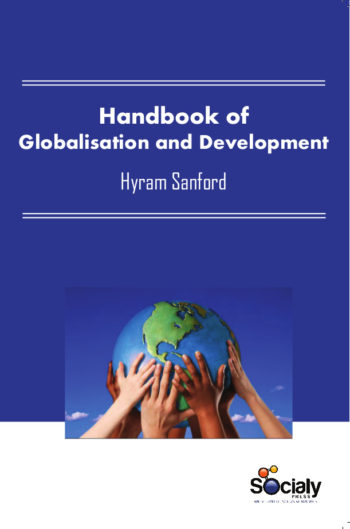The study of nationalism and national identity has long been framed by debates about how ancient or recent these phenomena are, and whether they express enduring aspects of human nature, or historically contingent configurations of social life. Nationalism is an ideology that holds that a nation is the fundamental unit for human social life, and takes precedence over any other social and political principles. Nationalism typically makes certain political claims based upon this belief: above all, the claim that the nation is the only fully legitimate basis for a state, that each nation is entitled to its own state, and that the borders of the state should be congruent with the borders of the nation. Although nationalism influences many aspects of life in stable nation-states, its presence is often invisible, since the nationstate is taken for granted. Attention concentrates on extreme aspects, and on nationalism in unstable regions. Nationalism may be used as a derogatory label for political parties, or they may use it themselves as a euphemism for xenophobia, even if their policies are no more specifically nationalist, than other political parties in the same country.
This Book, Advanced Introduction to Nationalism, explains the formative influence of nationalism in the public spheres of politics and the economy, in addition to the most private ones of emotional wellbeing and mental illness. Along the way, it sheds light on widely used but rarely clarified concepts, such as social institution, revolution, ideology, and totalitarianism, and introduces new ones, like dignity capital, and nationalism as the double-helix of modern politics. Nationalism has had an enormous influence upon world history, since the nation-state has become the dominant form of state organization.
Most of the world’s population now lives in states which are, at least nominally, nation-states. Historians also use the term “nationalism” to refer to this historical transition, and to the emergence of nationalist ideology and movements.










